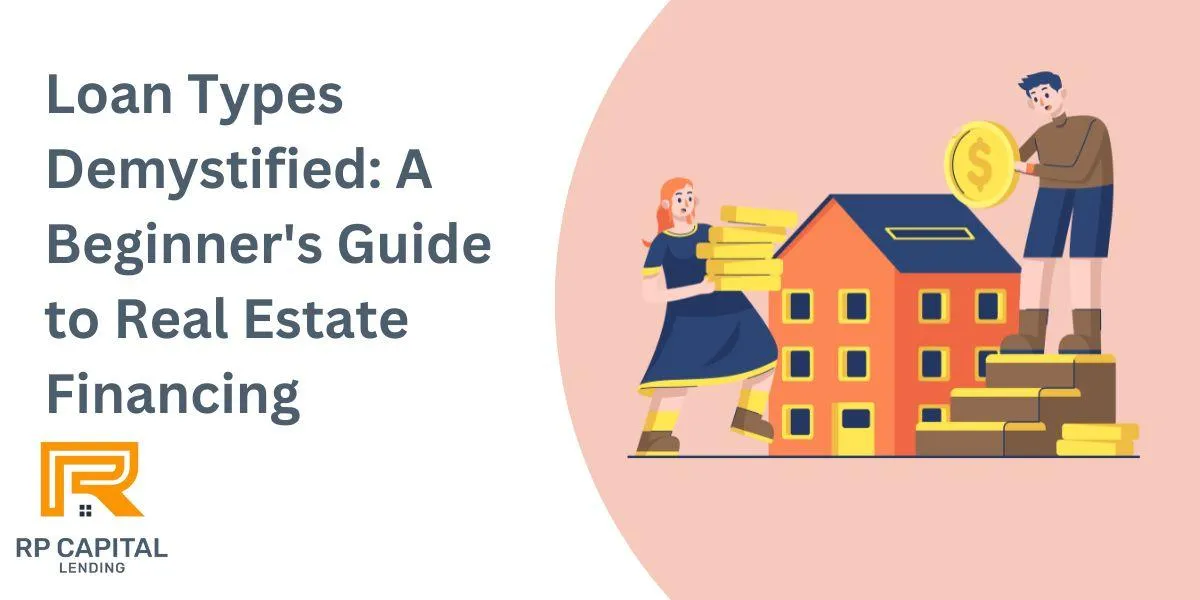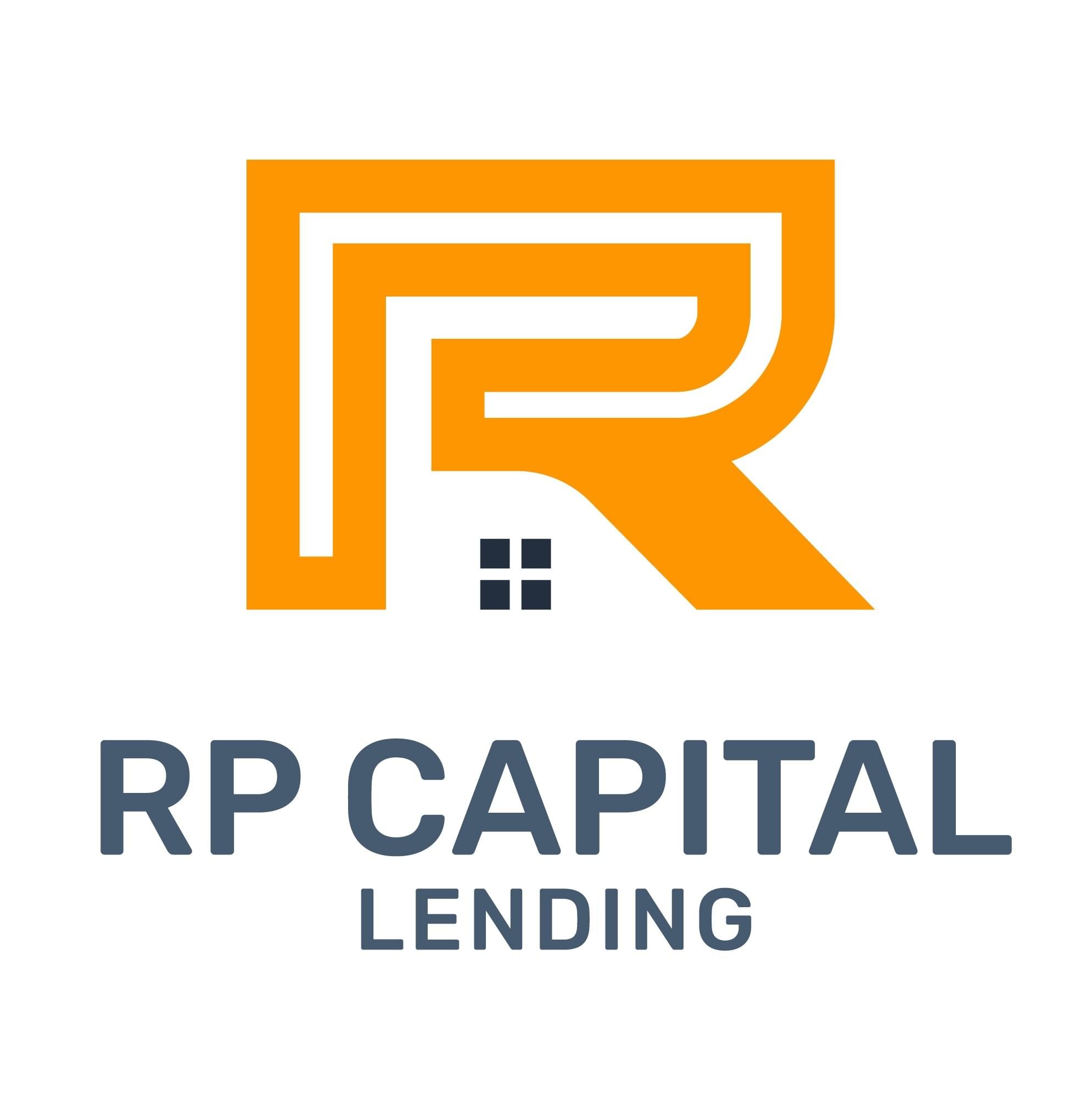Blog

Explore Loan Types: Beginner's Guide to Real Estate Financing
Loan Types Demystified: A Beginner's Guide to Real Estate Financing
Real estate financing is an expansive realm that offers a spectrum of options, each tailored to meet individual needs and preferences. For potential homeowners and investors, navigating through this domain can be intricate. Thus, this detailed guide aims to demystify the diverse loan types in real estate financing, helping beginners make informed and advantageous choices.
Introduction to Real Estate Financing
Real estate financing is essential for anyone looking to purchase property but is unable to pay the full price upfront. It enables aspiring property owners to acquire homes and provides investors with the means to expand their portfolios. Grasping the various loan types and their respective terms and conditions is paramount to secure the most suitable financing option available.
The Importance of Real Estate Financing
For many, real estate financing is the gateway to property acquisition, either as a primary residence or an investment opportunity. This financing avenue empowers individuals to venture into real estate, a sector renowned for its potential in wealth accumulation and financial stability.
Diverse Loan Types: Unraveling the Mystery
Conventional Loans:
Conventional loans are private loans not insured by the federal government. They usually necessitate higher credit scores, stable income, and a substantial down payment, around 20%. These loans appeal to those who can meet the stringent eligibility criteria due to their lack of upfront fees and reduced private mortgage insurance costs.
Features of Conventional Loans:
Conventional loans offer fixed interest rates and loan terms typically ranging from 15 to 30 years, providing borrowers with predictability in their payment schedules. They also tend to have faster processing times compared to government-backed loans.
FHA Loans:
FHA loans are a beacon of hope for lower-income and credit-challenged borrowers, insured by the Federal Housing Administration. These loans allow for lower down payments, usually 3.5%, and accommodate individuals with lower credit scores.
Features of FHA Loans:
FHA loans come with the advantage of lenient qualification criteria, but borrowers are obliged to pay for mortgage insurance, adding to the loan's overall cost. This insurance protects lenders from potential losses if borrowers default.
VA Loans:
Exclusive to military service members, veterans, and their eligible spouses, VA loans are guaranteed by the Department of Veterans Affairs. They are characterized by competitive interest rates, no down payment requirements, and the absence of private mortgage insurance.
Features of VA Loans:
VA loans are a valuable resource for those who qualify, offering financial flexibility and convenience. However, their availability is restricted to individuals meeting the service requirements, limiting their accessibility to the broader public.
Adjustable-Rate Mortgage (ARM):
ARMs offer an intriguing option with interest rates that fluctuate based on changes in corresponding financial indexes. These loans can provide lower initial payments but come with the risk of increasing interest rates, impacting the overall loan cost.
Features of ARM:
Adjustable-Rate Mortgages offer initial lower interest rates and payments but can lead to financial strain due to payment uncertainty if the interest rates rise significantly over time. Caps are usually in place to limit the extent of rate increases, both annually and over the loan's lifetime.
Choosing the Right Loan for Your Needs
Selecting the appropriate loan type entails evaluating your financial health and understanding your needs and preferences. It involves analyzing credit scores, assessing income stability, and considering debt-to-income ratios. The type and intended use of the property, whether as a primary residence, a rental, or an investment, also play a crucial role in loan selection.
Analyzing Your Financial Stability:
Before plunging into the sea of loan options, one must scrutinize their financial standing. This scrutiny includes evaluating credit scores, debt levels, and income stability, helping prospective borrowers determine their borrowing capacity and identify the loans they are eligible for.
Assessing Property Types and Uses:
The choice of loan is also influenced by the nature and intended use of the property. Some loans come with restrictions or special provisions based on whether the property is to be used as a primary residence, a rental, or an investment, necessitating careful consideration and planning.
Conclusion: Demystifying Real Estate Financing
Navigating through the multitude of loan types in real estate financing can be daunting for beginners. However, by understanding the diverse options available and aligning them with individual needs and financial health, prospective property owners can make informed and beneficial decisions. The right financing choice can open the doors to property ownership and investment opportunities, paving the way for financial growth and stability.
FAQs
1. Is it possible to secure a conventional loan with a low credit score?
It can be challenging, as conventional loans typically demand higher credit scores.
2. Can FHA loans be utilized for investment properties?
Generally, FHA loans are designed for owner-occupied properties and are not ideal for investment properties.
3. Do VA loans always offer a zero down payment option?
Yes, VA loans are renowned for their no down payment options, making them highly advantageous for eligible individuals.
4. Can the interest rate on an ARM increase indefinitely?
ARMs usually have caps that restrict the degree to which interest rates can increase, safeguarding borrowers from extreme hikes.
5. How can I ascertain the right loan type for my needs?
A comprehensive analysis of your financial situation, coupled with a clear understanding of your property goals and consultation with a mortgage advisor, will aid in identifying the most suitable loan type for your circumstances.
RP Capital Lending is a d.b.a of RP Capital Partners Inc (NMLS # 2469193) | Privacy Policy
Copyright © 2022. All Rights Reserved.
Disclaimer: Loans only apply to non-owner occupied properties. Rates, terms and conditions offered only to qualified borrowers, may vary upon loan product, deal structure, other applicable considerations, and are subject to change at any time without notice.

